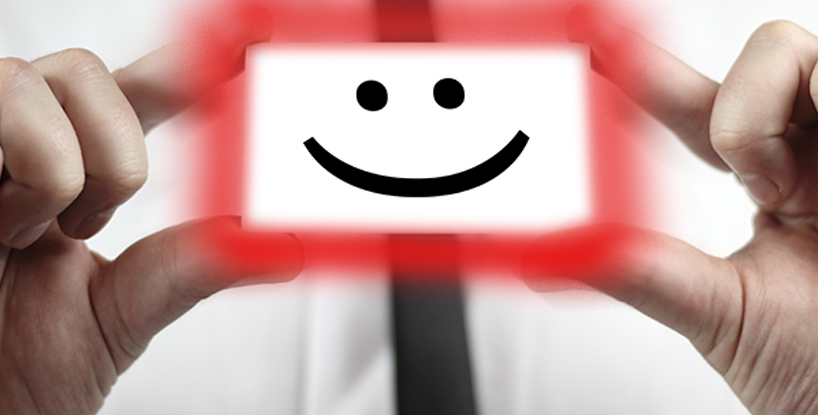Are you jumping out of bed to get to work? Do you feel fulfilled and fully engaged in your job? Do you feel you contribute to your company’s mission? If your answer is “no” to any of the questions above, then maybe it’s time to reassess your work experience!
With most of us spending 80% of our time at work, it’s essential to recognize our happiness in and outside of the work place. A 2012 Gallup survey of MENA workers found that 55% of MENA Region’s employees are “Not Engaged” and 35% of Employees are “Actively Disengaged”.
Gallup defines Engaged vs Not Engaged vs Actively Disengaged employees as:
ENGAGED
Employees who work with passion and feel a profound connection to their company. They drive innovation and move the organization forward.
NOT ENGAGED
Employees who are essentially “checked out”. They’re sleepwalking through their workday, putting time – but not energy or passion – into their work.
ACTIVELY DISENGAGED
Employees who aren’t just unhappy at work, they are busy acting out their unhappiness. Every day these employees undermine what their engaged co-workers accomplish.
It’s a universal belief most people just want to be happy in their lives. Extensive studies and over twenty years of research within the science of happiness and positive psychology suggest that there are actually tangible ways to increase the level of happiness in our lives.
Happiness is also very profitable for business. Outcomes of increased levels of happiness of employees at work directly correlate to increased efficiency including:
• 300% more innovation [HBR]
• 37% increase in sales [Martin Seligman]
• 31% increase in productivity [Greenberg & Arawaka]
and decreasing everything that you don’t want including:
• 125 less burnout [HBR]
• 66% fewer sick leaves [Forbes]
• 51% less turnover [Gallup]
According to Rabea S Nawaz, Chief Evangelist at The Happiness Fitt, happiness at work is a total win-win. Content, engaged employees are healthier, more productive, innovative, likely to go above and beyond their responsibilities and be team players. In turn, happy employees help create a positive atmosphere at work, which in essence is the foundation of the culture of an organization. Work culture isn’t just that fluffy, feel good stuff that happens at company outings or team building events, it is the root of your business that impacts the bottom line. In the United States alone unhappy employees result in $500 billion dollars of loss in productivity (Gallup 2012).
Creating a culture of happiness where employees can thrive must be equally prioritized with building a profitable company and a recognized brand. Companies that adopt a happiness business model understand that Happy Employees = Happy Customers = More Profits!!
We are very fortunate to be living in a country where our leaders value and promote the concept of Happiness. His Highness Sheikh Mohammad’s goal for 2021 is: to be ranked in the top 5 countries in the Happiness Index with the UAE considered a “City of Happy, Creative & Empowered People”. In February 2016, UAE appointed its’first Happiness Minister, Her Excellency Ohood bint Khalfan Al Roumi, whose mandate is Corporate Happiness Culture at Workplaces and Happy Positive Staff.
 If you would like to know how to engage your employees and create happiness in the workplace contact us at marketing@peoplefirstme.com
If you would like to know how to engage your employees and create happiness in the workplace contact us at marketing@peoplefirstme.com
PeopleFirst HR Consultancy is working in collaboration with The Happiness Fit to make people happy, for more information visit thehappinessfitt.com
Article Credits to Rabea S Nawaz, Chief Evangelist at The Happiness Fitt

